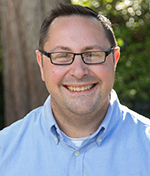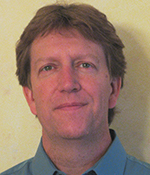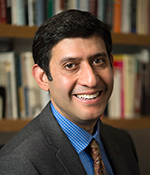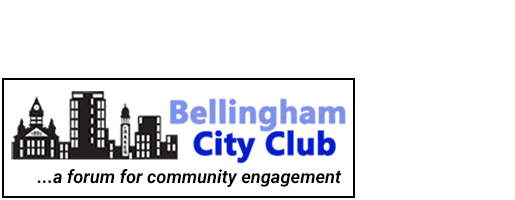Are conspiracy theories the new normal in American discourse? Why are lies so compelling, and why and how do they spread so quickly? What are the ways disinformation can be used as a political weapon, and how might our democracy be affected? How do we curb disinformation while balancing free speech?
Disinformation has always been part of human culture, but now it travels at fiber-optic speed. Join us for a conversation with experts at the front lines of the information wars.
Panelists
 Michael Artime has a Ph.D. in Political Science from the University of Missouri-St. Louis and has done extensive research on incivility in online political discourse. Specifically, his work has focused on the comment sections attached to online news articles. He is a visiting assistant professor of Political Science at Pacific Lutheran University.
Michael Artime has a Ph.D. in Political Science from the University of Missouri-St. Louis and has done extensive research on incivility in online political discourse. Specifically, his work has focused on the comment sections attached to online news articles. He is a visiting assistant professor of Political Science at Pacific Lutheran University.
 Ira Hyman, a Professor of Psychology at Western Washington University, has conducted research on how people create false memories. Much of his research has investigated how people adopt misinformation. He is a regularly contributor to the Psychology Today website, writing about the application of basic cognitive research to everyday situations.
Ira Hyman, a Professor of Psychology at Western Washington University, has conducted research on how people create false memories. Much of his research has investigated how people adopt misinformation. He is a regularly contributor to the Psychology Today website, writing about the application of basic cognitive research to everyday situations.
 Moderator: Johann Neem is a professor of history at Western Washington University. His written works include Democracy’s Schools: The Rise of Public Education in America, and pieces published in the Washington Post, USA Today, the Chronicle of Higher Education, the Seattle Times, and Inside Higher Education. Neem has also been interviewed on education for the New York Times, the Boston Globe, and in a feature for PBS Newshour.
Moderator: Johann Neem is a professor of history at Western Washington University. His written works include Democracy’s Schools: The Rise of Public Education in America, and pieces published in the Washington Post, USA Today, the Chronicle of Higher Education, the Seattle Times, and Inside Higher Education. Neem has also been interviewed on education for the New York Times, the Boston Globe, and in a feature for PBS Newshour.
 This event is part of Humanities Washington’s statewide series, “Moment of Truth: Journalism and Democracy in an Age of Misinformation.” Humanities Washington is a Seattle based non-profit organization that aims to spark conversation and critical thinking to nurture thoughtful and engaged communities across the state. Humanities Washington is funded in part by the Andrew W. Mellon Foundation and the Pulitzer Prizes.
This event is part of Humanities Washington’s statewide series, “Moment of Truth: Journalism and Democracy in an Age of Misinformation.” Humanities Washington is a Seattle based non-profit organization that aims to spark conversation and critical thinking to nurture thoughtful and engaged communities across the state. Humanities Washington is funded in part by the Andrew W. Mellon Foundation and the Pulitzer Prizes.

